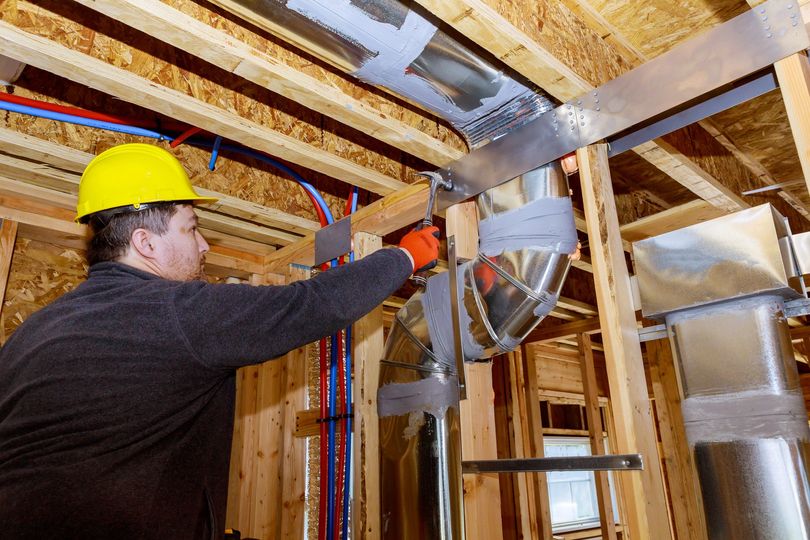An annual maintenance will extend the lifetime of your heating and cooling unit. The technician will diagnose and repair any problem with the unit before it fails, so you won't need to worry about any problems when the weather gets very hot in the summer or extremely cold in the winter.
Choosing the Right HVAC System: Your Comprehensive Guide
FAQ
-
Why should I maintain my Furnace or AC?
-
What are mini-split advantages?
Just as the name implies, a “mini-split” system is a “split system” however available in smaller capacities, for single room to whole house conditioning. Mini-split systems may range from as small as 9,000 BTUh per hour, comparable to say, a small window AC unit, for individual room use, up to 4 and 5 ton capacities for “Room By Room” (also known as “Zoning”) and whole house conditioning. With near universal design, mini-splits are “heat pumps” which provide both heating and cooling for a home. Here are key advantages when compared to traditional split systems:
Efficiency- Mini-splits are highly engineered systems which offer attractive operating efficiencies, in many instances, eligible for utility company rebates.
Heat Pump- Most mini-split systems are heat pumps, providing year-round comfort.
Solar friendly- Due to very low power requirements, mini-splits are an ideal complement to “Net Zero Energy” homes, or any home using renewable power.
Carbon footprint- Mini-splits are 100% electric, with zero operating emissions of any type.
Zoning- Most mini-split manufacturers offer systems capable of room-by-room “zoning”, to account for peak demands of a room based upon construction type, exposure orientation and usage.
Variable capacity- Mini-splits are typically DC inverter driven. That is, a variable speed compressor which modulates in proportion to instantaneous demand. Most conventional split systems, by comparison, operate with an ON-OFF strategy. (Would you use an ON-OFF switch as the accelerator in your vehicle?)
Location, Location, Location!- Mini-split outdoor units are compact; they can be located far away from noise-sensitive areas, such as bedrooms and home offices. Mini-split indoor units have the ability to be installed where conventional systems cannot.
They’re perfect for additions and remodels where access to current HVAC system is difficult to access.
Modern mini-split systems are remarkably quiet; in fact, many times their operation is unnoticed by the end user. -
Water is Leaking on my Furnace
Water falling on to the furnace can harm your heating unit by affecting the control boards and other components enclosed in the furnace. There can be many causes to the water overflow, but the most common cases in the summer is the ice build up inside the evaporator coil due to low refrigerant level. Water build up can also be due to the evaporator coil having a crack on the base, if this is the case contact us by booking an appointment or call us today to have a technician come have a look at your unit and repair this issue before it causes excessive damage.
-
Furnace is blowing cold air in Winter?
This can be due to Ignition lockout, sometimes could be resolved by resetting the power and if this does not resolve the issue you should contact a certified gas technician from A-Plus Quality to get this problem resolved!
-
Most common Boiler Issues
- Boiler fails to ignite
- Low pressure
- Strange Noises
- Boiler is not responding to the thermostat
- Cold Radiators
- Boiler leaking or dripping
- Boiler cycling very fast
- Available Hot water but No Heat


